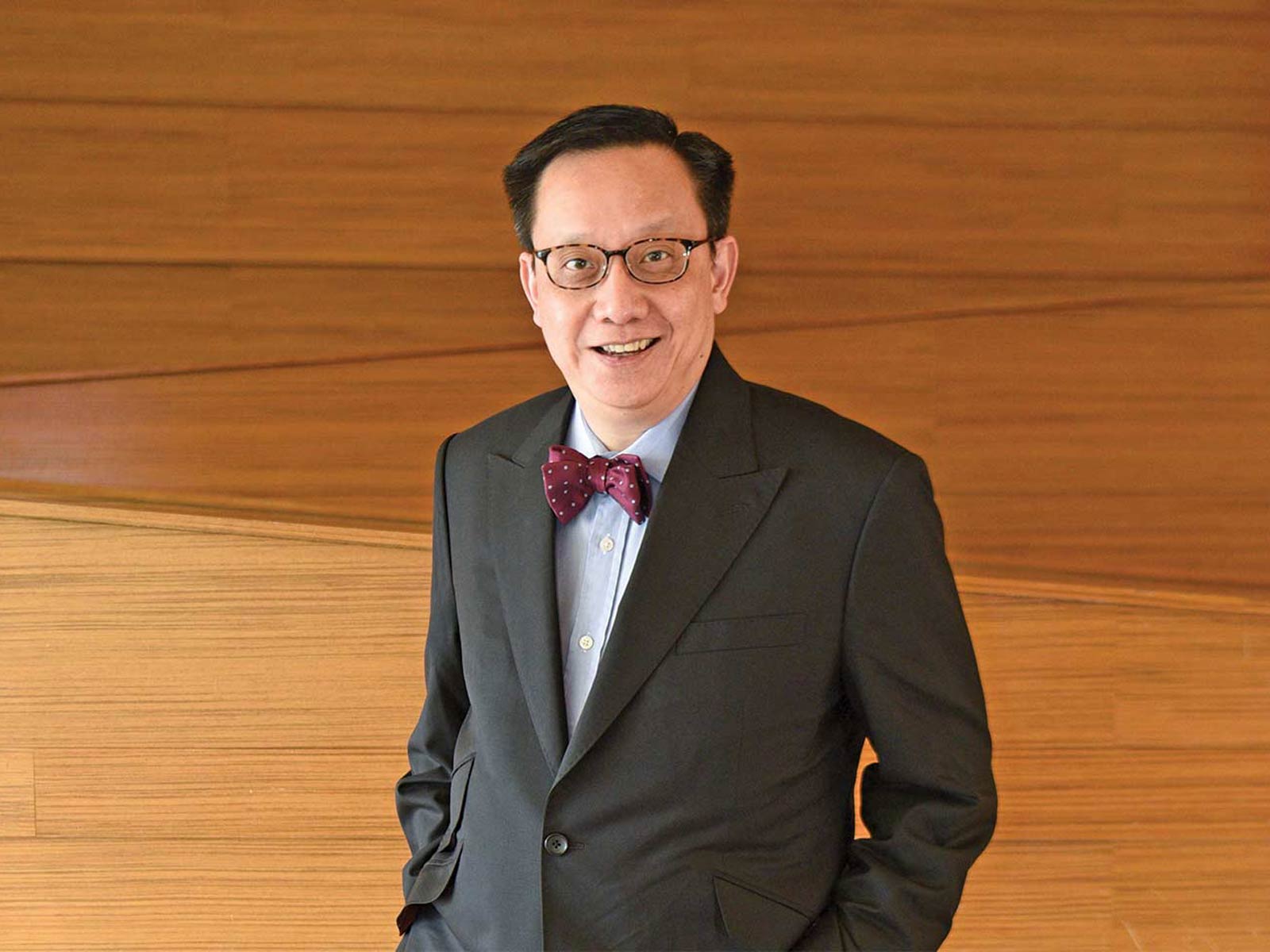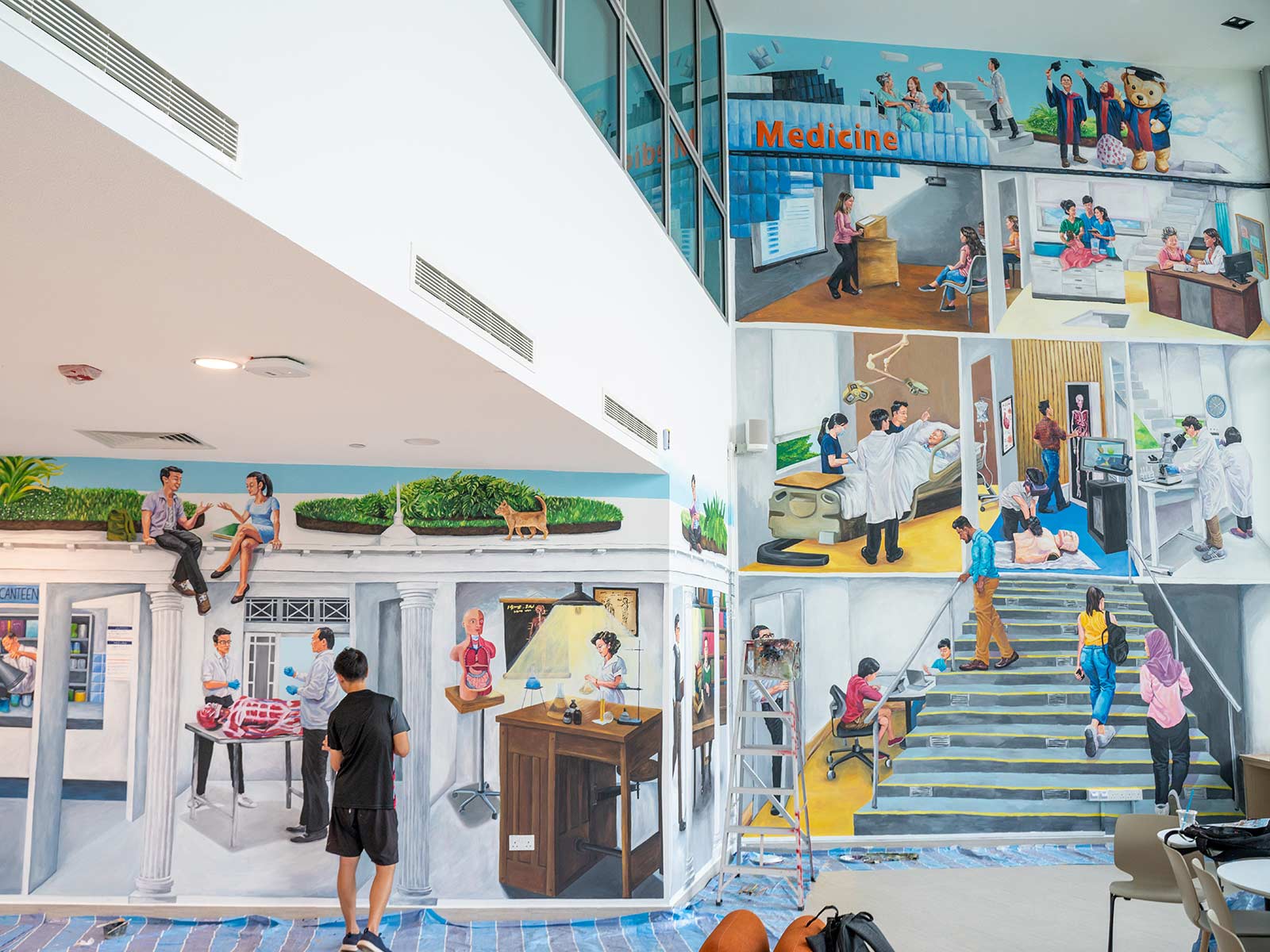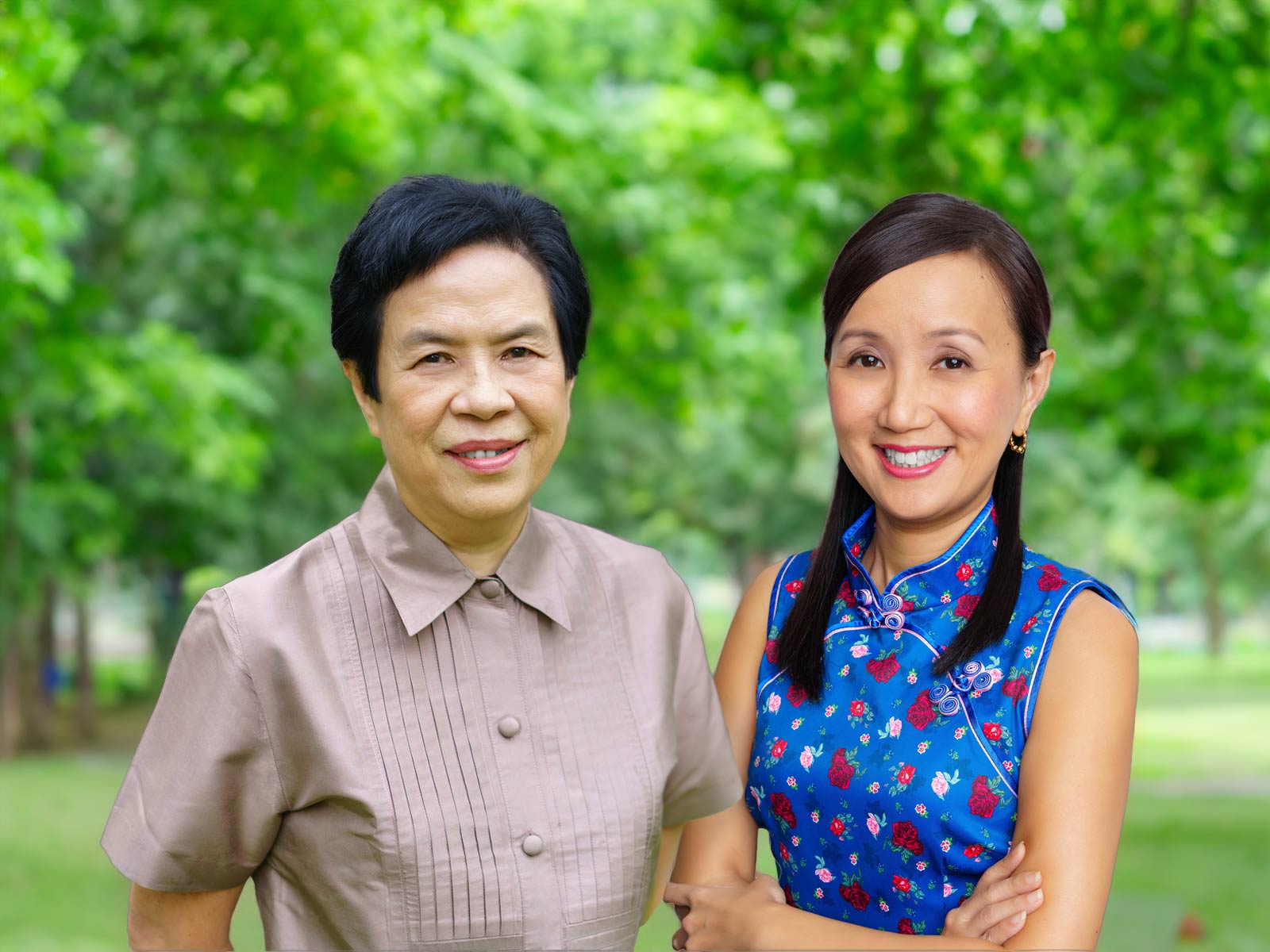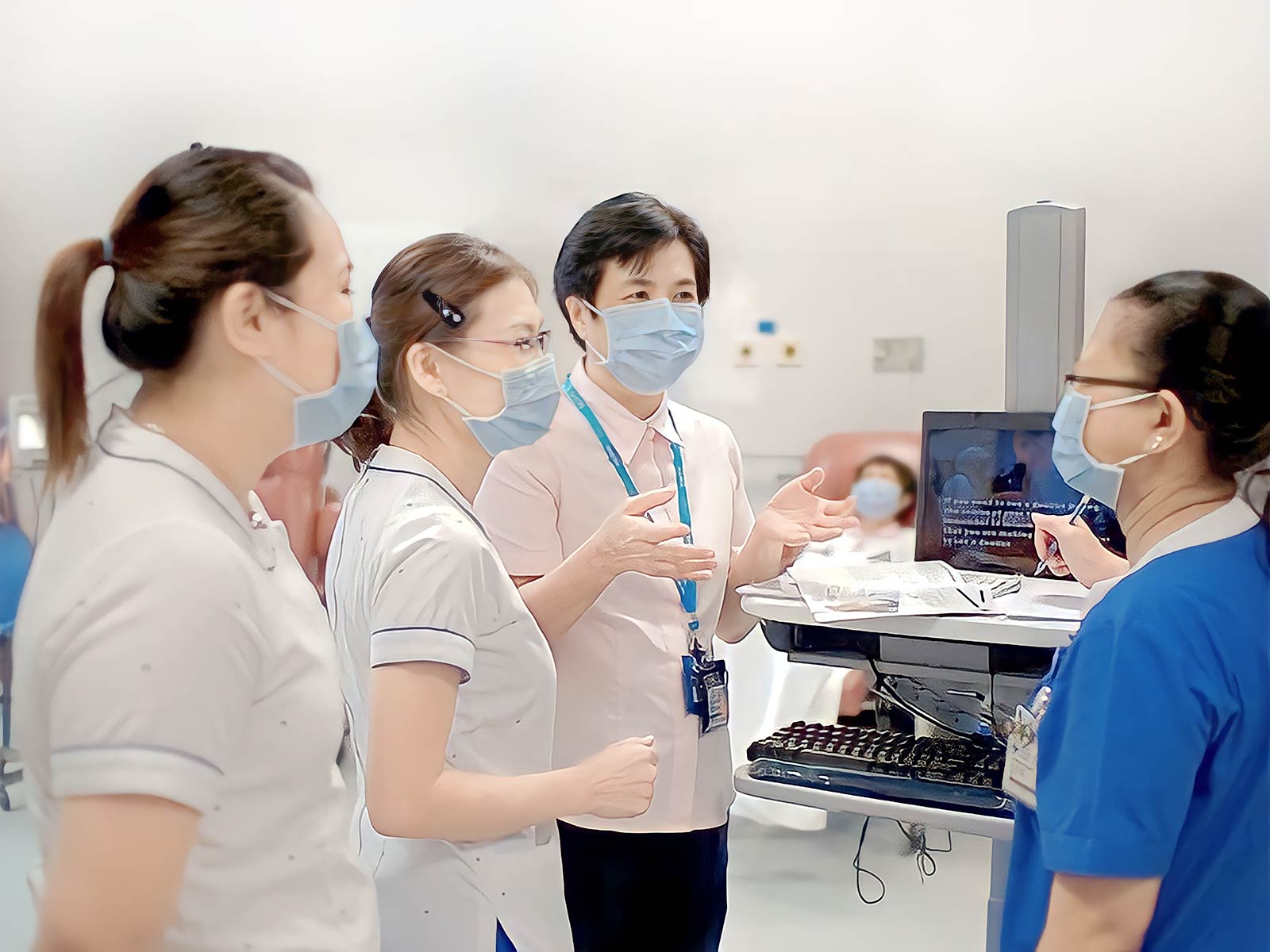
Dean’s Message
Aug 2023
DEAN’S MESSAGE

As this edition is going to print, the Medicine Class of 2028 and Nursing Class of 2026 are getting ready to embark on their respective courses of study. They are entering a field of endeavour in which the search for better, safer drugs, technologies and processes to help sick people is receiving a transformational boost from artificial intelligence (AI) and digital technology. These are playing increasingly bigger, and key roles in healthcare, such as the rapid testing of thousands of drug candidates to identify ideal, effective treatments for diseases and the use of digital health tools for remote patient monitoring.
The increasing use of AI in healthcare is taking place at a time when biomedical research is steadily adding to our knowledge and understanding of disease and introducing new ways of dealing with them. The pace at which AI, technology and medical science intersect and fuse raises deep and concerning ethical and moral issues that require active reflection and inquiry. Consider also the over-prescription of antibiotics that has seen their effectiveness diminished. Should doctors prioritise their immediate patients’ health needs above the needs of future generations and jeopardise international efforts at ensuring antibiotic efficacy? And what do we make of the intentional exposure of human volunteer subjects to known pathogens under controlled conditions as part of efforts to accelerate vaccine development? Do such Controlled Human Infection Model studies breach ethical standards, can they be tolerated under exigencies like the COVID-19 pandemic?
We thank Prof Emily Ang for her exemplary and steadfast devotion to the development of her staff and students, while overseeing immense progress in the department’s education and research missions.”
Medical ethics provide guidance in the practice of Medicine and help to shed much needed light on issues that straddle both sides of the moral and ethical spectrum. The Yong Loo Lin School of Medicine is blessed to have the Centre of Biomedical Ethics (CBmE), which is taking an active, leading role in examining and clarifying many of these contemporary dilemmas. Under Professor Julian Savulescu, the CBmE has been awarded one of eight new Discovery Platforms, the highest research award, by the Wellcome Trust, a global charitable foundation focused on health research based in London, United Kingdom. The CBmE will partner with the University of Oxford in the ANTITHESES Platform for Transformative Inclusivity in Ethics and Humanities, to address an urgent need for research to be able to engage meaningfully with the radical value disagreements, polarisation, and the characteristic of informational uncertainty in contemporary medical science, practice, and policy. The CBmE will receive around S$1.3 million from 2025 to 2030, to conduct research into the Collective Reflective Equilibrium, which aims to create a methodology that utilises public opinion to derive public values, and integrate this with ethical theories, principles and concepts.
Technology enables, but it is ultimately human agency and the timeless values of compassion, empathy and competency that anchor the provision and delivery of healthcare and education. I therefore want to end this message with a tribute to Professor Emily Ang, the outgoing head of the Alice Lee Centre for Nursing Studies (NUS Nursing), who relinquished her appointment on 1 July 2023 after nine years at the helm. As the first Singaporean head of NUS Nursing, she led her staff and students with sagacious empathy. Her efforts have seen NUS Nursing rise to its current position as Asia’s leading school for Nursing education. We thank Prof for her exemplary and steadfast devotion to the development of her staff and students, while overseeing immense progress in the department’s education and research missions.

More from this issue



